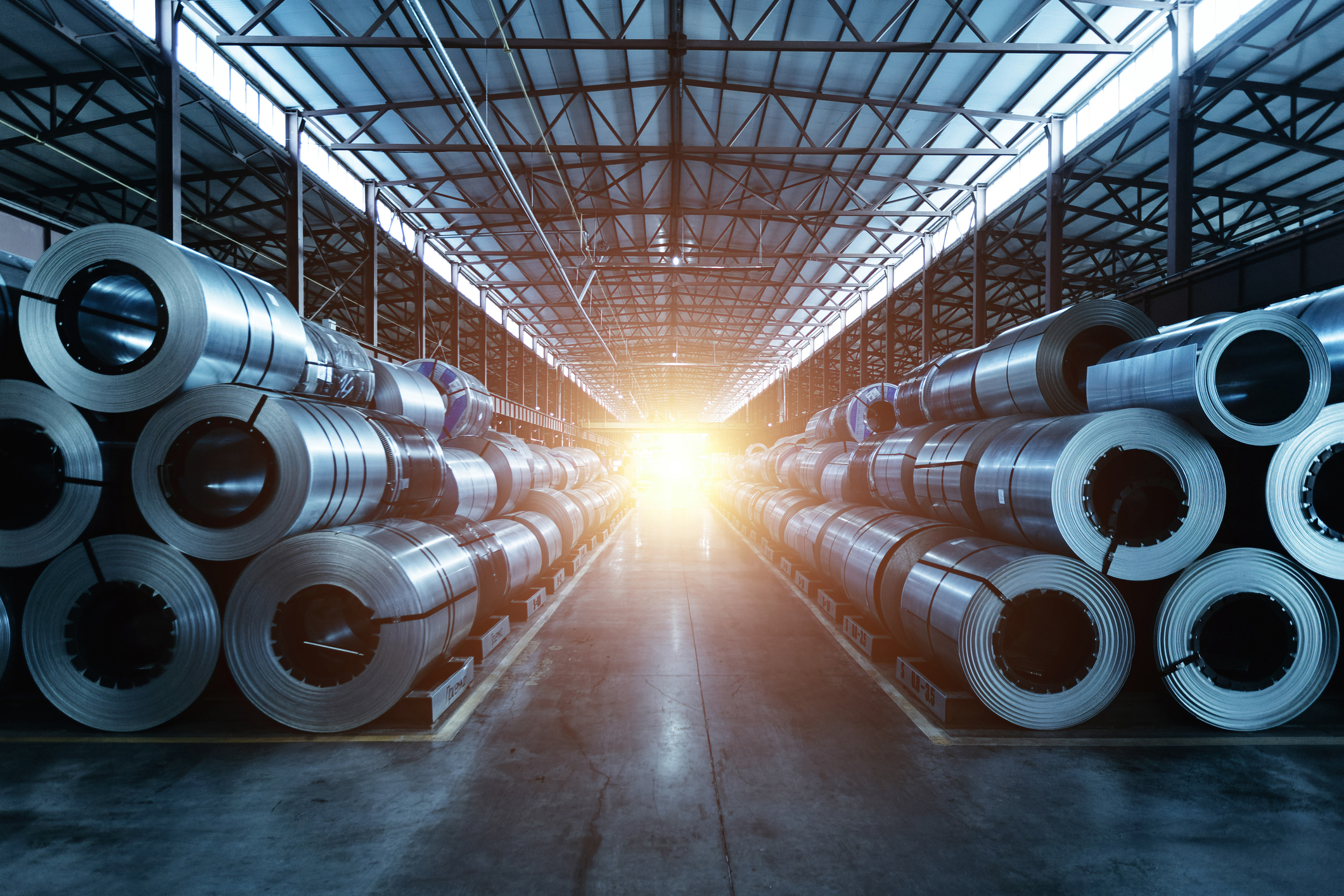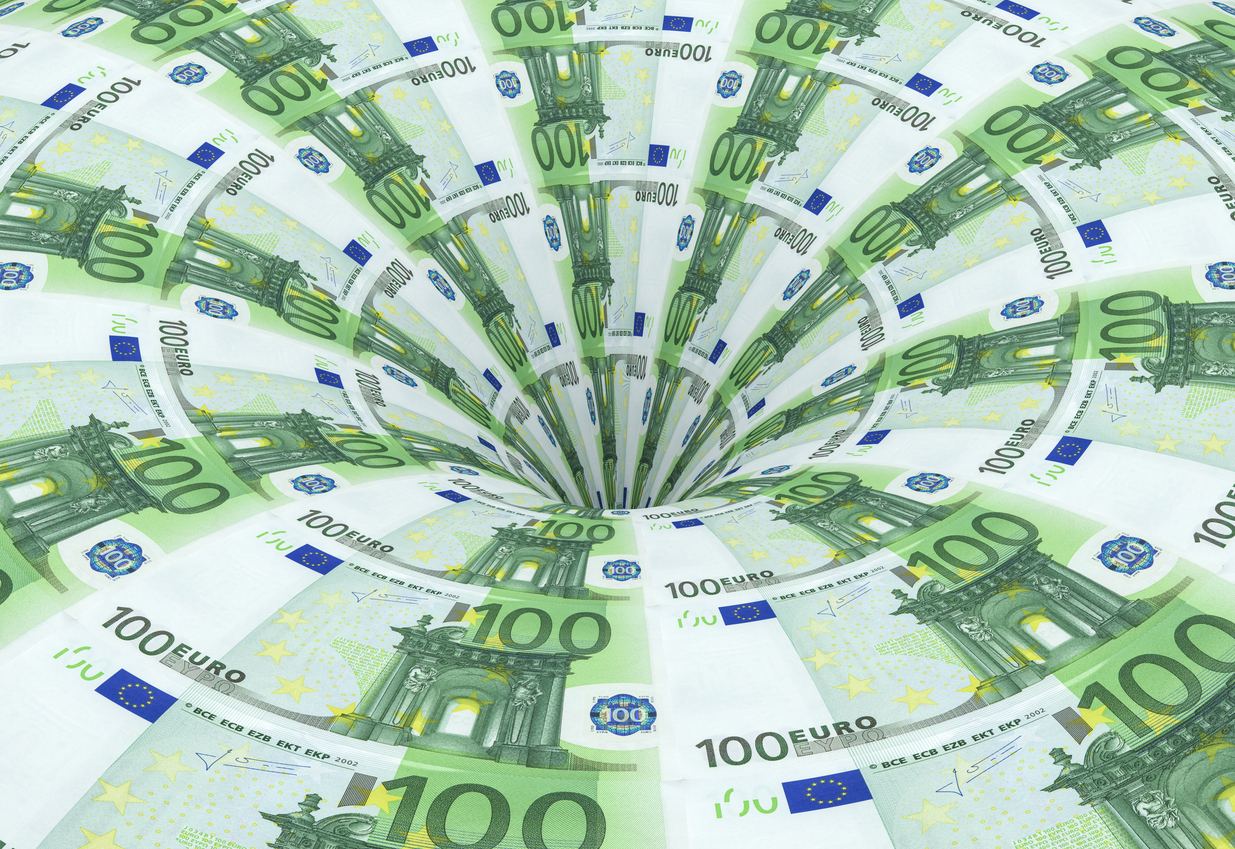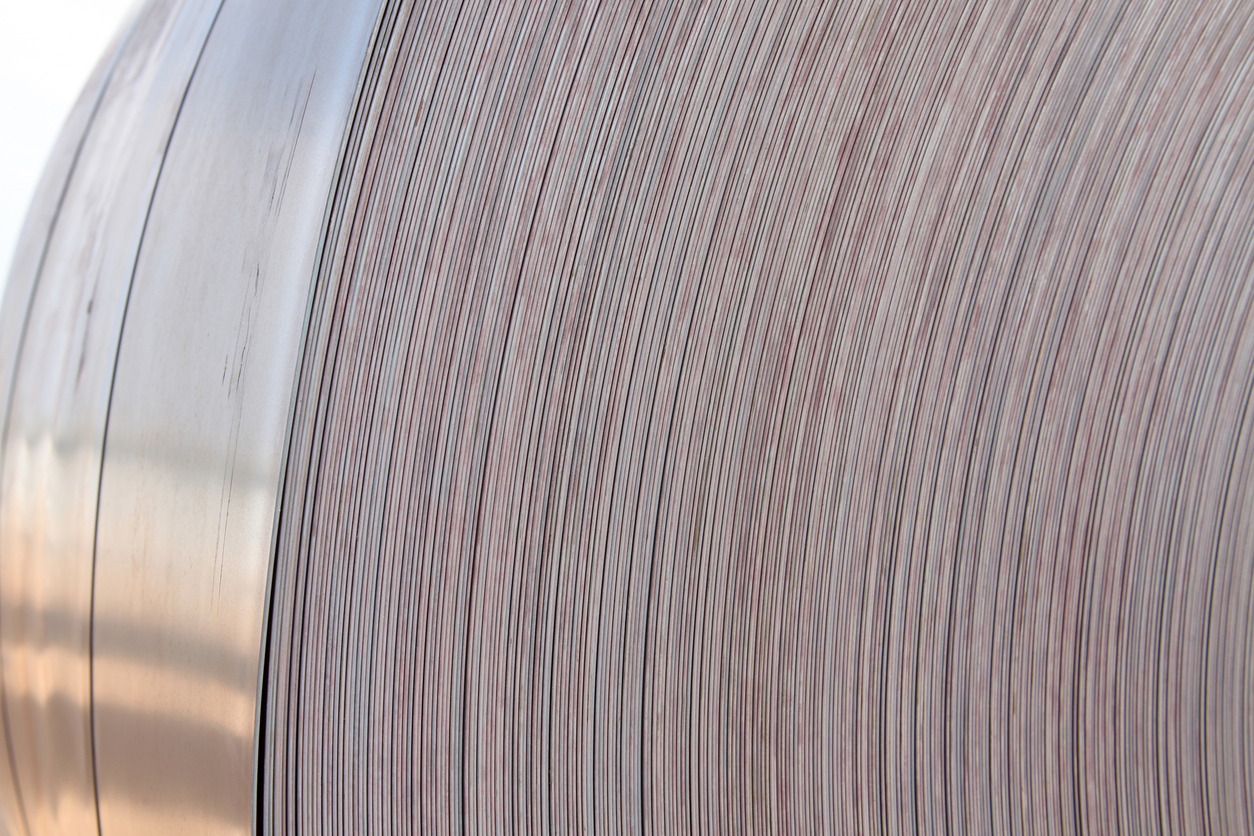
Despite the world being faced with the most serious shortage of raw materials since the Second World War, and against a backdrop of strong demand generated by post-pandemic recovery, in the first half of 2021 access to cold rolled flat stainless steel was at an all-time low. EURANIMI identified three macrotrends that caused the disarray in which importers of flat stainless steel found themselves in 2021 and early 2022.
Macrotrend 1
Political pressure on the European Commission exerted by 12 EU member states was such that the prolongation of the steel safeguard measure on June 30, 2021 was virtually inevitable. Quarterly quotas for cold rolled stainless steel are often exhausted on the first day of the quarter, which means subsequent imports subject to a 25% safeguard duty, dissolving any potential profit margin for importers.
Macrotrend 2
In 2021, at the time of the founding of EURANIMI, the EC was finalising their antidumping investigation on imports of cold rolled stainless steel from India and Indonesia, as well as evaluating the extension of existing antidumping duties imposed on imports SSCRR from China and Taiwan. On top of this, the European Commission had initiated an anti-subsidy proceeding concerning imports of stainless steel cold-rolled flat products originating in India and Indonesia. Experience tells us that investigations like these almost always result in prohibitive antidumping or countervailing duties.
Macrotrend 3
Enjoying full order books, EU producers of stainless steel flats were reserving their production capacity for regular customers and orders that generated optimal added value. Bluntly put: European service centres and distributors with less profitable orders were placed at the back of the order queue.
The inevitable result of these three macrotrends coming together at the same time? The price of cold rolled stainless steel reached such an unreasonable peak in the EU during 2022 that it became wholly unsustainable for the downstream industry. Manufacturers were forced to (partly) discontinue their activities, delay the execution of orders, and refrain from accepting new ones or face serious financial problems.
Severe Shortages
Unable to secure the volumes they required within a reasonable delivery time or at a reasonable price, our members reached out to EURANIMI for support. The lack of materials on the market was crystal clear to all and the proliferation of trade barriers – such as anti-dumping, anti-subsidy and safeguard measures – meant a quick rebalancing wasn’t on the horizon any time soon.
Despite the spectacular post-pandemic recovery of 2021 and the historic profits achieved by European mills, EURANIMI’s voice was unable to outweigh that of other interested parties during the final part of the EC’s investigation. Deciding that European production needed protection from Asian imports of a product affected by severe shortages (of which EU mills themselves were in short supply), the EC pushed ahead in its antidumping measures.
Court Appeal and Suspension Request
Backed into a corner, EURANIMI and its members appealed the decisions of the European Commission before the General Court of the European Union, requesting the annulment of the antidumping measures against imports from China, Taiwan, India, and Indonesia as well as the anti-subsidy measure against Indonesia. It was imperative that we maintained a sufficient supply of cold rolled stainless steel. After all, its uses are many and varied: from automotive to washing machines or the food industry, much of life today grinds to a halt when materials and parts aren’t readily available.
In parallel, on March 22, 2022, EURANIMI and its members requested the EC to at least grant a suspension of these measures. This request was ignored, and the EURANIIMI and European Commission legal teams went head-to-head on the matter. The Court followed the EC’s reasoning and dismissed EURANIMI’s appeal as inadmissible.
Expansion of Measure
Encouraged by this success, the EU mills didn’t hesitate to ask for more. On 11 August 2023, relying on creatively interpreted statistical data, the EC opened an investigation into the possible circumvention of both the anti-dumping and the anti-subsidy measure against Indonesia via no less than 3 countries: Vietnam, Taiwan, and Turkey.
With the EC having made the imports of cold rolled stainless steel from these 3 countries subject to registration, importers will only know 9 months later whether or not all their ongoing orders placed will be subject to 40% import duty!
The uncertainty created by this announcement has had an immediate effect on the market as fears grow. The closure of these 3 major sources of supply can lead to a return to the shortage situation we experienced back in 2021.
EURANIMI now has the opportunity to participate in this investigation from the outset rather than having to jump on the bandwagon, as it had to do in this case in 2021, shortly after its founding. With its submission filed on 20 September, 2023 and a forthcoming hearing in Brussels by the EC-team, EURANIMI wants to vigorously oppose this new threat of shortages to the sector.
Related Articles
Case Documents
Please log in as a member to consult all related case documents.



